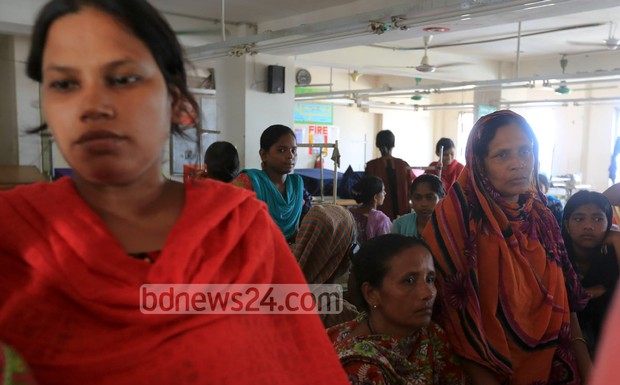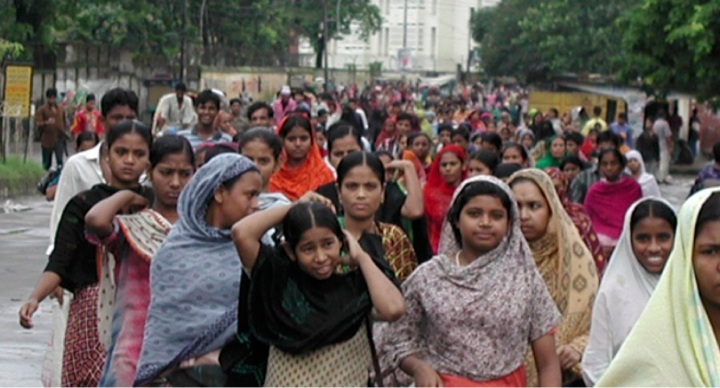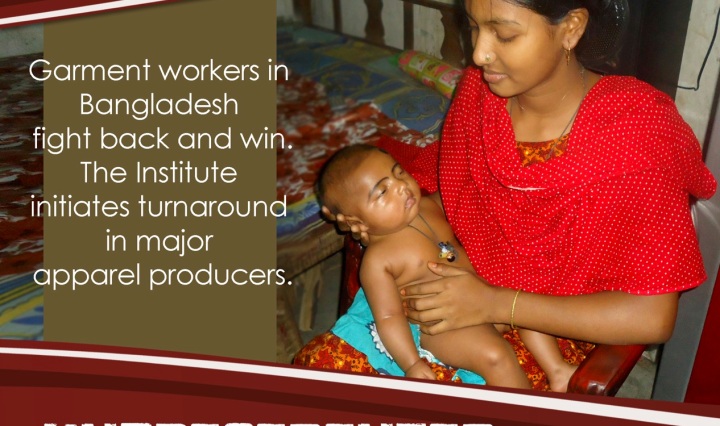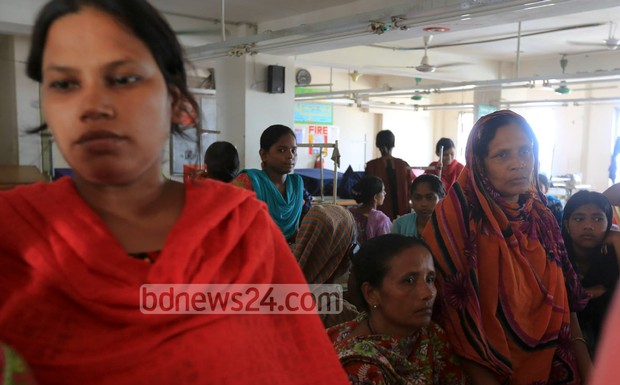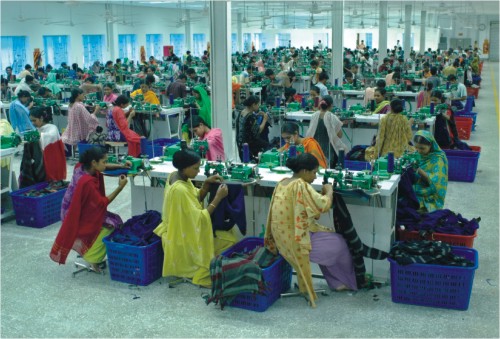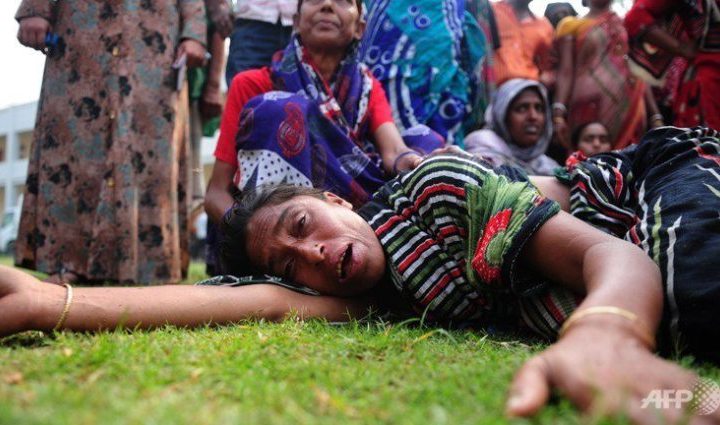
Garment Worker Diaries, Digitization, Pay Gap
1. Worker Diaries Money Diary: A 25-Year-Old Garment Worker In Bangladesh On 1k 2.Wage Digitization [Excerpt] According to a recent report on wage digitization in the ready-made garment (RMG) sector in Bangladesh, about 1 million workers are now receiving their … Continue reading Garment Worker Diaries, Digitization, Pay Gap


